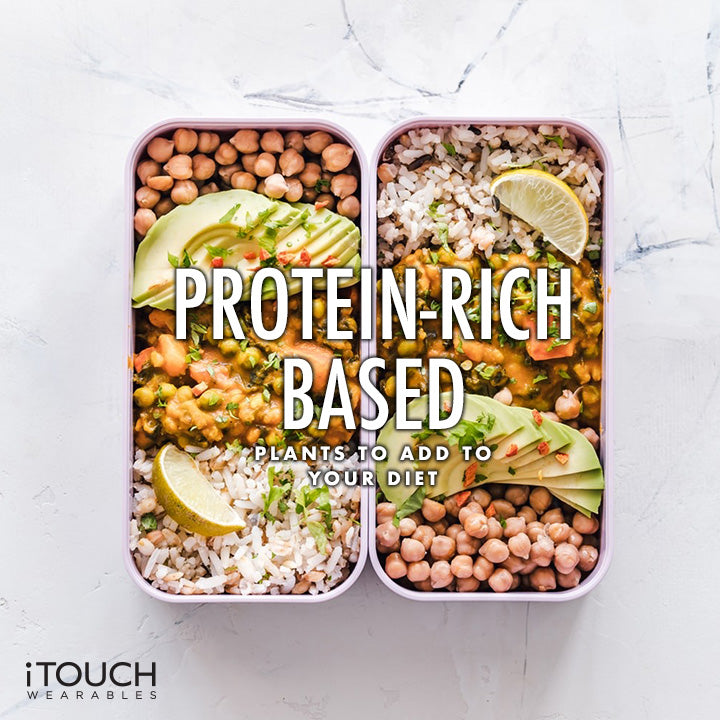
Protein-Rich Plants To Add To Your Diet
If you are not a big meat eater, then you may not know how to get the necessary amount of protein into your diet. Did you know that there are many protein-rich plants that can replace meat? Adding these plants to every meal will help you increase your protein. Keep reading for protein rich plants to add to your diet.
Edamame

Edamame are immature soybeans. They are usually served at sushi restaurants, but it should be added to all your meals. One cup of edamame contains 18 grams of protein. These beans are a whole protein source meaning that they contain all of the necessary amino acids that your body needs. Not only is edamame a powerful source of protein, but it holds many other health benefits as well. Soy proteins have the ability to lower cholesterol. It is rich in healthy fiber, antioxidants, and Vitamin K. Edamame is also low in carbs and doesn't raise blood pressure. It is a great source of protein for anyone with type 2 diabetes or on a low carb diet. These beans have a high amount of plant compounds known as isoflavones, which reduce the risk of breast cancer. Isoflavones resembles the female hormone of estrogen, which can reduce a women's risk of getting breast cancer. Isoflavones within edamame can also protect against bone loss. Not only is edamame packed with protein, it can also help your overall health.
Quinoa

Quinoa is a grain crop. Each cup of quinoa contains 8 grams of protein. This grain can be found in multiple products and on its own. It is also loaded with import nutrients such as iron, copper, zinc, magnesium, folate, and many more. Compounds such as kaempferol and quercetin can be found in quinoa. These compounds have numerous anti-inflammatory properties. Quinoa is higher in fiber than other grains, as it contains 17- 27 grams of fiber. For those who are gluten-free, quinoa is an excellent alternative and can be substituted for typical grains. Quinoa does have high glycemic indicators, which can stimulate hunger and contribute to obesity. This an important factor to be aware of. Quinoa also has positive metabolic health contributions to the body, for it can reduce blood sugar, triglycerides, and insulin levels.
Lentils

Lentils are another way to receive the necessary amount of protein. For every cup of lentils, you can gain 17 grams of protein. They are not exactly a vegetable, for they are properly placed under the legume family. Lentils increase heart health because they contain fiber, folic acid, and potassium. Lentils have been shown to decrease the chances of having a premature pregnancy in half. Another mineral found in lentils is selenium. This mineral can prevent inflammation and diseases from spreading in the body, while also decreasing tumor growth rates and improving immune responses. Lentils are a great source of iron as well. Women who are between ages of 18-50 are susceptible to iron deficiency. Lentils can assist with getting the proper amounts of iron to help with this deficiency. As you can see, lentils are high in protein but can also help the body in many other ways.
Chia Seeds

Chia seeds can be added to a number of meals to increase the protein count. They contain 2 grams of protein for every tablespoon. This is more protein than many other plant foods. Minerals such as fiber, magnesium, calcium, and protein give these seeds a powerful ability. They are another food that is loaded with antioxidants. Chia seeds contain a lot of carbs, however most of them are fiber. This allows them to absorb the water weight in your body faster. Chia seeds can also lead to increased bone health because they have high amounts of calcium and phosphorus. Chia seeds can be incorporated into smoothies, salads, yogurt, and milk.
Share with us protein rich plants that you add to your diet by tagging us on Instagram @itouchwearables and Facebook @itouchwearables. Also, be sure to check out our new articles published daily!
-Franki


